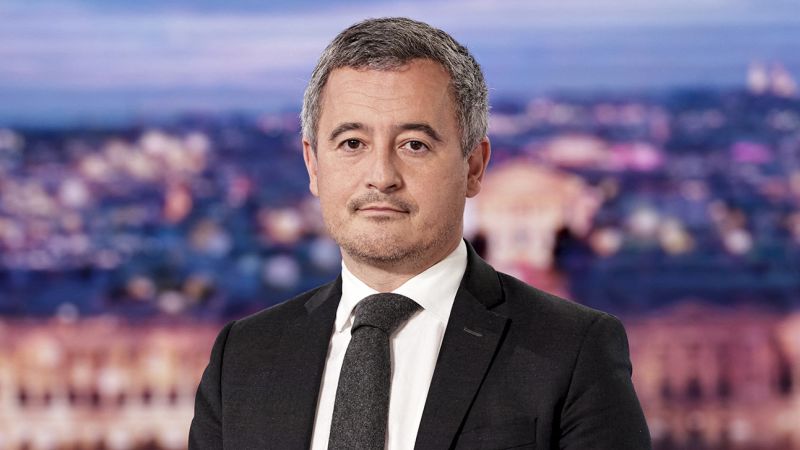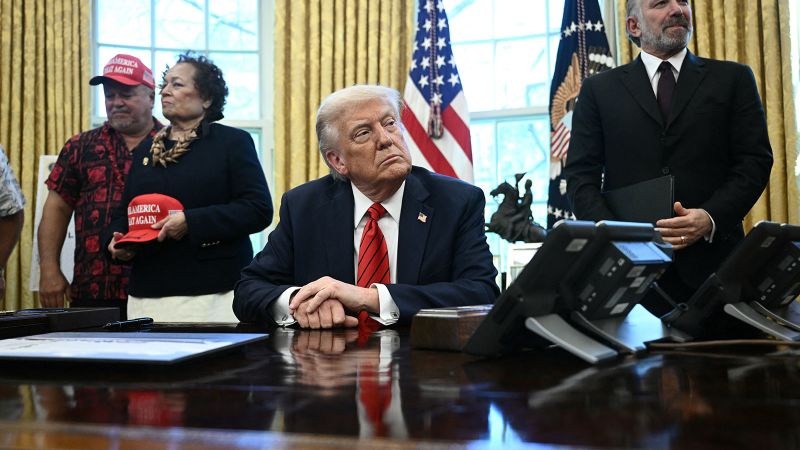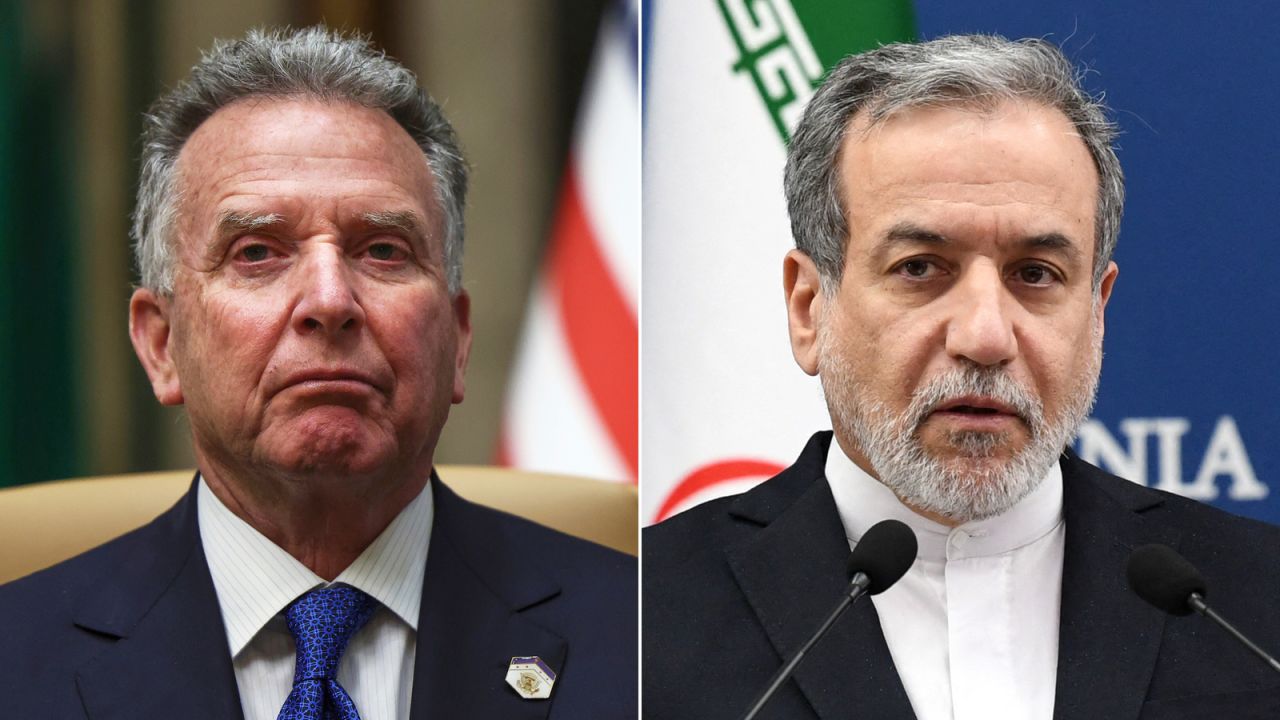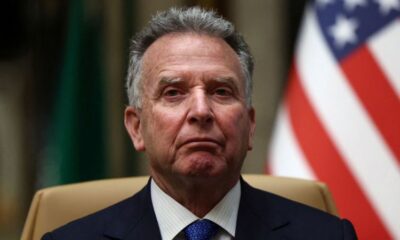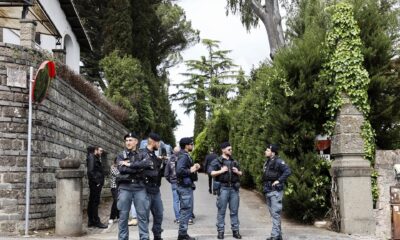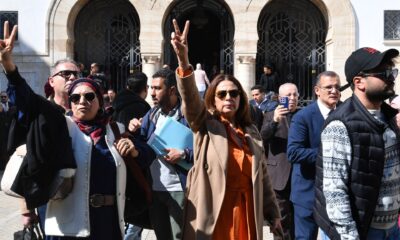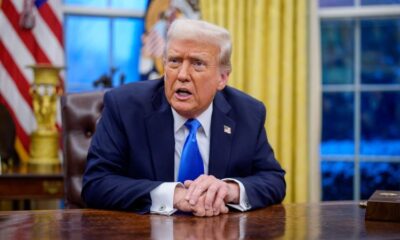CNN
—
Multiple French prisons have been attacked in recent nights, including with automatic weapons, in what the justice minister said on Tuesday was a response to a government clamp-down on a drug trade turbocharged by a surge in cocaine trafficking.
Military-grade weapons were fired at entrance to Toulon prison, in southern France, the prison officials’ union UFAP said.
Vehicles were also set on fire outside the jails in Villepinte, Nanterre, Aix-Luynes, and Valence, UFAP said. In Nancy, a prison officer was threatened at their home, while in Marseille there was an attempted arson attack.
Years of record South American cocaine imports to Europe have metastasized local drug markets, sparking a wave of drug violence across the continent.
France has not been spared, with record cocaine seizures, and gangs reaping windfalls from the white powder as they expand from traditional power bases in cities such as Marseille into smaller regional towns unaccustomed to drug violence.
Justice Minister Gerald Darmanin, who plans to build new high-security prisons to crack down on gangsters who run their empires from behind bars, said he would travel to Toulon.
“Attempts have been made to intimidate staff in several prisons, ranging from burning vehicles to firing automatic weapons,” Darmanin wrote on X. “The French Republic is facing up to the problem of drug trafficking and is taking measures that will massively disrupt the criminal networks.”
The National Anti-Terrorism Prosecutor’s Office (PNAT) said it had taken charge of the probe into the attacks, which also targeted the National School of Prison Administration. The PNAT said officers from France’s domestic intelligence agency DGSI would assist in the investigation.
It was not immediately clear why the PNAT, rather than organised crime prosecutors, was in charge. The letters “DDPF” – apparently an acronym for “French prisoners’ rights” – were tagged on many of the sites that were attacked, leading to some media speculation it could be the work of a militant group.
Wilfried Fonck, national secretary of the UFAP, told Reuters he was unaware of any such movement operating in French jails, but said that was almost certainly why PNAT had taken charge of the investigation.
Interior Minister Bruno Retailleau said he had instructed local prefects, alongside the police and gendarmerie, to immediately step up the protection of staff and prisons.
“These targeted, cowardly, and heinous attacks aim to terrorize those who embody the authority of the State and ensure the safety of all on a daily basis, even at the cost of their own peace of mind,” UFAP said. “Prison staff are not cannon fodder.”
The rise in gang crime has lifted support for the far-right National Rally party, and helped drag French politics rightward.
Darmanin, a former interior minister, and Retailleau have prioritised tackling drug trafficking.
In February – as he announced record cocaine seizures of 47 tons in the first 11 months of 2024, versus 23 tons in all of 2023 – Retailleau said France had been hit by a “white tsunami” that had rewritten the rules of the criminal landscape.
Darmanin has proposed a series of measures to tighten prison security, including building high-security jails to isolate the country’s top 100 kingpins.
Lawmakers are also close to approving a sweeping new anti-drug trafficking law that would create a new national organised crime prosecutors’ office and give greater investigative powers to police probing narcos.
French authorities scored a win against drug crime in February, when they recaptured Mohamed Amra, a French fugitive known as “The Fly.” His escape as he was being transported from prison to a court hearing resulted in the deaths of two prison guards and was seized upon by right-wing politicians as evidence that France had lost its grip on drug crime.

